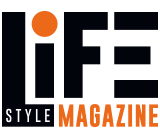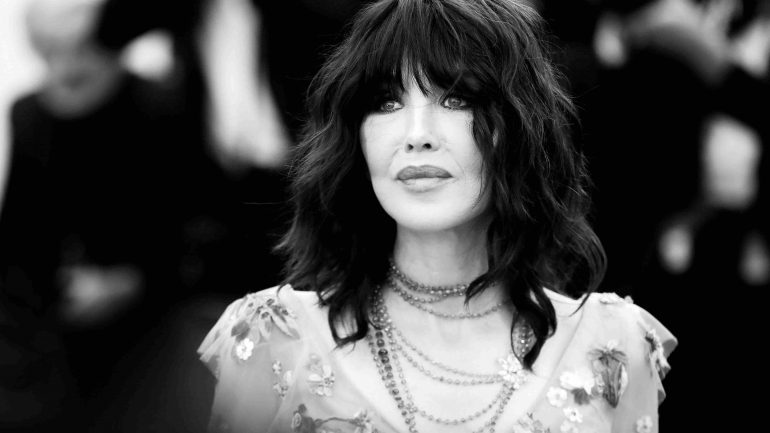What motivated you to co-write “Du côté de chez Marilyn” with Olivier Steiner, and what message would you like to convey to readers?
The project emerged from Steiner’s fascination with Marilyn, who was both an icon and an enigma. He wanted to create an imaginary dialogue between Marilyn and myself, an intimate conversation in which our voices intertwine. Rather than a biography or static tribute, it is a sensitive and poetic exploration of what Marilyn might have said, interwoven with fragments of my own interviews over the years. The message is clear: behind the image is a woman, a wounded, lucid and magnificent woman, fragile yet magnificent, just as I have been an actress questioning myself since adolescence.
How has Marilyn Monroe influenced your artistic journey, and what would you like to convey about her?
Marilyn embodies the tension between vulnerability and strength, light and darkness. I’ve always been deeply moved by her quest to transform her wounds into artistic desire. The whole world was touched by her tragic beauty and the constant paradox of her being both a radiant star and having a profound inner melancholy. There is always a deeply human dimension to her mystery. Her truths are not just legend.
How has your experience as an actress influenced your writing, and vice versa?
The actress in me lends her voice to the words, and working with writer Olivier Steiner has enabled me to explore emotions more deeply. When you act, you embody characters as much as they embody you. When you write, you pass through states of the soul. The two feed into each other. Writing is a form of vulnerability that extends what I experience on stage or on screen. Sometimes, words allow us to access a rawer, more naked truth than images do.

What is your approach to choosing roles that push you out of your comfort zone?
When I commit to a role, there’s always something that defies reason and logic. I don’t believe in the concept of a ‘comfort zone’ as a kind of safety perimeter. Some roles may seem more obvious than others, but playing a character is never a ‘comfortable’ experience for me. If there were a common thread running through my choices, though, it would be the need to be swept off my feet, either intellectually or emotionally. Beyond the role itself, the director’s vision also counts for a lot and can change everything. So it’s as much the character and story as meeting a director that makes me say ‘yes’ to a role.
In the Netflix series A Perfect Couple, how did you approach the role of a woman who is ruthless and free in her choices, the opposite of your more discreet nature?
It’s enjoyable to play someone so disconcerting and liberated from conventions. She is subversive and provocative, and can be cruel at times. However, Isabel Nallet is not just a manipulative character; she embodies a profound European cultural depth, which the director also wanted to highlight.
Can you share a defining moment in your career that shaped your approach to acting?
Filming Possession was a turning point. The role was characterised by emotional turmoil, a technique that was close to the heart of its director, Andrzej Żuławski. He pushed me to my emotional limits and taught me to embrace creative madness. He showed me that acting should be an offering, not a demonstration. Since then, I have approached my craft with the mindset that I must either dive in completely or move on.
Can you tell us about your character in Soleil Noir, which is set to premiere early this summer?
I play a woman caught in a moral and political storm amidst a succession war. Like the other characters in this family, her profile is fierce. The narrative highlights their complexity and duality, and what they reflect about our times.
Are you a woman of passion or reason? (Smile)
Passion , at least until now!
As an influential woman in the film industry, what message would you like to share with young artists aspiring to follow in your footsteps?
That’s a dizzying question, isn’t it? Because we’re not just talking about a career here, but a calling. With all the humility and fragility that implies, I would say: never let anyone extinguish that light within you. I believe this profession calls for a form of resistance: resisting compromise and external attempts to make us less than who we are.
What would you like to wish to the readers of LiFE Magazine?
LiFE… even the word itself sounds like a breath. To the readers of LiFE Magazine, I wish for a life that stands against speed, uniformity and manufactured happiness. It’s easier to stay the course if you favour boldness over certainties, even when you encounter turbulence above and below ground. And when life tires us out, as it so often does in today’s world, remember that we are never truly ‘at the end of our life’.




